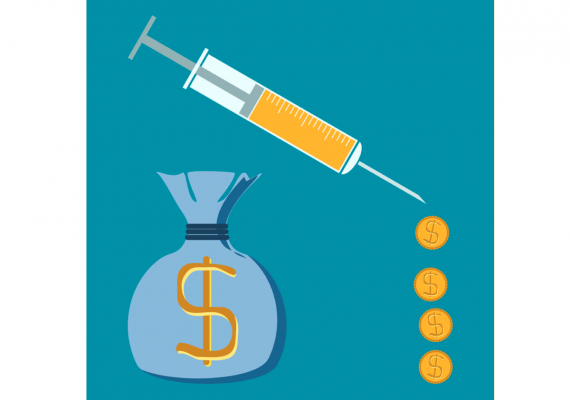
June 2016 – by Dr. Wanrudee Isaranuwatchai, PhD
Given the limited or fixed resources we are faced with in health care, the ability to apply economic thinking when conducting applied research is critically important. When you have developed a new health intervention, program, technology, or simply something different from the status quo, you may want to examine and show its effectiveness (that it works to improve your outcome(s) of interest). However, within our climate of increasingly constrained health care resources, the most efficacious intervention is not always the most cost-effective, and we are often faced with reconciling if a novel innovation is truly worth the resources it requires. In addition to answering “does the new intervention work?”, we could also ask “is it cost-effective?”
Economic evaluation is a technique that enables us to compare two or more health interventions or to quantify the potential impact of a health initiative through an economic lens. The goal of economic evaluation is to provide another piece of evidence to assist researchers, health providers, decision-makers, and policy-makers in their decision-making process. If you are thinking about demonstrating “value for money” of your research, economic evaluation could be a technique to consider.
If you would like to show “value for money” of your research, you may be considering the following questions:
- Compared to current standard of care, is the intervention or program cost-effective?
- Should I switch to this innovative procedure or device?
- How much will it cost to implement my intervention?
- What will be the impact of my intervention on the overall budget?
Economic evaluations can be incorporated at any stage throughout the research process. For example, at the beginning of a project, when you are planning your study or preparing a grant submission, we can incorporate “is it cost-effective?” as a secondary question using the data you are planning to collect and the intended outcome of your intervention. At the end of a project, after you have answered your primary “does it work?” question, we can build on existing findings to explore the intervention’s cost-effectiveness. If you want an answer to one of the above questions, economic evaluation could be a technique to consider.
The HUB is a full-service academic research organization that offers an integrated approach to your research needs, including how to show and communicate the “value for money” of your research. If you are thinking about “value for money”, think of the HUB.
Click to learn more about the HUB and CLEAR, the HUB’s Centre for excellence in Economic Analysis Research.
See the next issue of the HUB Newsletter for PART 2, which will include general factors to consider when you are planning an economic evaluation.
